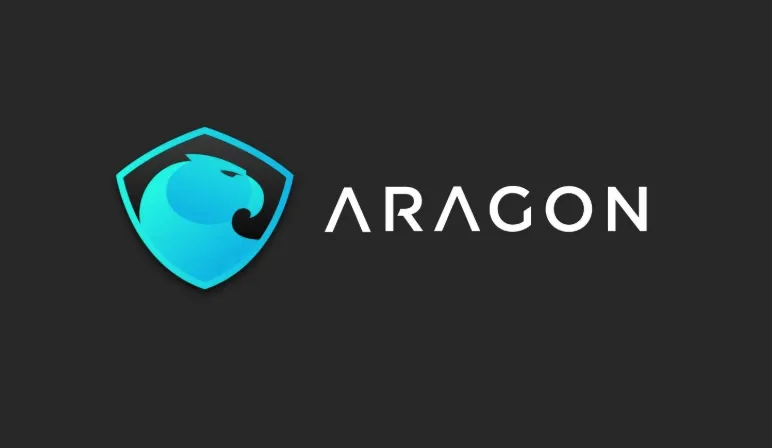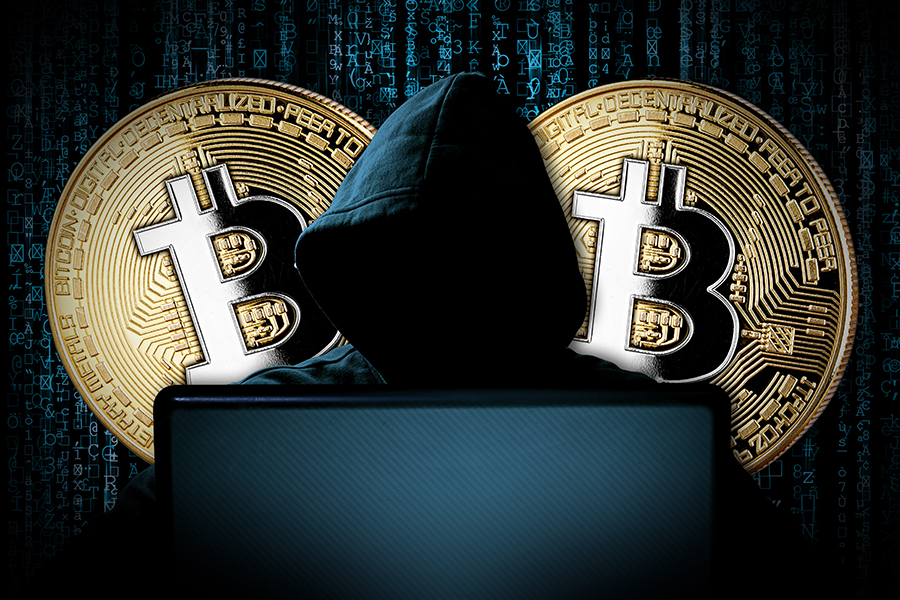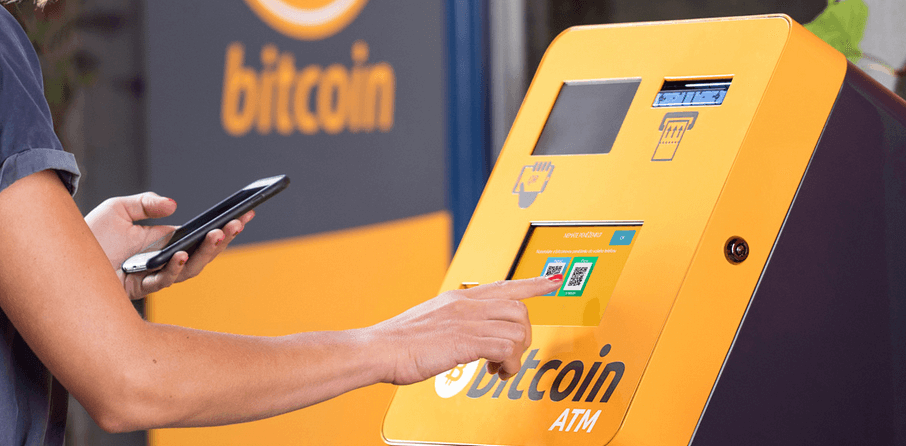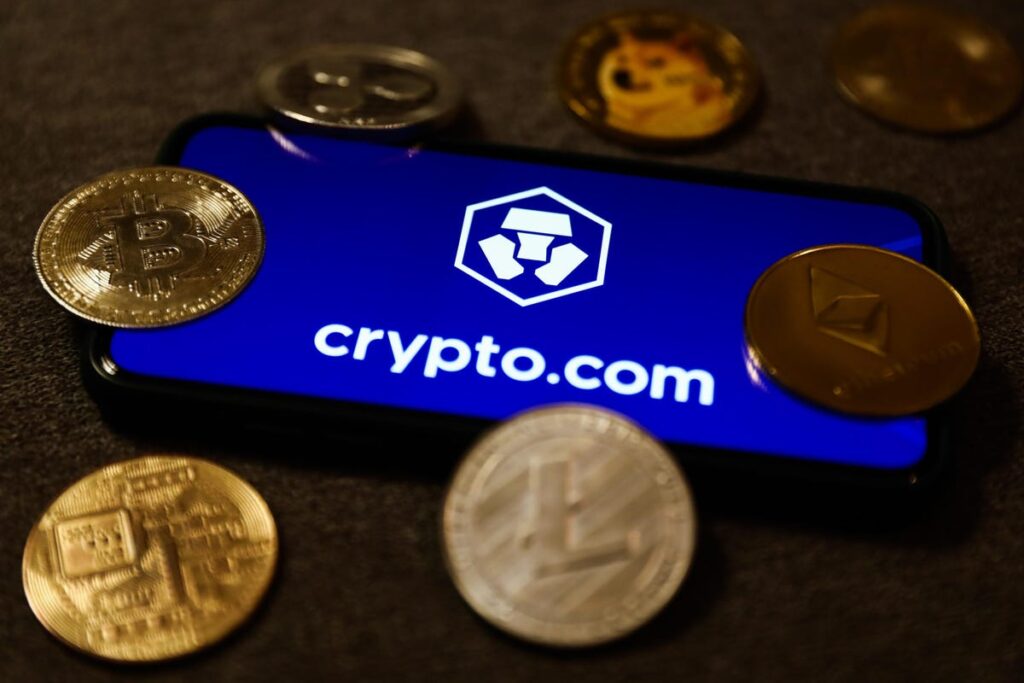Aragon, a decentralized organization platform, has put defensive measures in place in response to Arca, an investment management firm, acquiring a 51% stake in Aragon’s native token, ANT. This significant ownership puts Aragon at risk of a 51% attack, which could compromise the network’s security and decision-making process.
To protect the platform, Aragon’s management has introduced a series of protective measures. These include the creation of a new token, Aragon Network Token 2 (ANTv2), which will replace the original ANT token. ANT token holders will be able to convert their holdings to ANTv2 at a 1:1 ratio, effectively diluting Arca’s stake and mitigating the threat of a 51% attack.
In addition to introducing the new token, Aragon has also established a multisignature governance mechanism called the Aragon Community Multisig. This mechanism will require multiple signatories to approve decisions, further securing the platform against unilateral control by a single entity.
Arca had initially acquired the ANT stake with the intention of initiating governance proposals to benefit its investors, but Aragon’s preemptive actions have significantly reduced the risk of a 51% attack. Aragon’s commitment to decentralized governance and network security sends a strong message to other organizations in the space, encouraging them to remain vigilant and proactive in addressing potential threats.
As the world of decentralized organizations continues to evolve, it is crucial for platforms like Aragon to stay ahead of potential vulnerabilities and maintain the integrity of their networks. By implementing these protective measures, Aragon has demonstrated its dedication to securing its ecosystem and safeguarding the interests of its community members.
According to a recent report by Goldman Sachs, an increasing number of home offices are investing in digital assets, with 32% now participating in the market. This trend demonstrates the growing interest and adoption of cryptocurrencies and other digital assets by these private wealth management entities.
The report highlights that these investments are driven by a desire to diversify their portfolios and protect their wealth against economic uncertainties. Furthermore, the increasing number of institutional investors entering the market has helped solidify the legitimacy of digital assets as an investment class.
As part of the study, Goldman Sachs surveyed home offices across the globe, including those in the United States, Europe, Asia, and the Middle East. The results showed that while some home offices are still hesitant about the risks associated with digital assets, a significant number are embracing the opportunity to invest in this emerging asset class.
In addition to the 32% of home offices investing in digital assets, the study found that many are also considering investments in blockchain technology and related start-ups. This interest suggests that these investors recognize the potential for digital asset technology to revolutionize various industries and provide significant long-term growth opportunities.
The rising interest in digital assets among home offices indicates a growing level of trust in this asset class, and is a testament to the increasing recognition of cryptocurrencies and blockchain technology as valuable investments for private wealth management.
Deus Finance, a decentralized finance (DeFi) platform, has reportedly lost $6 million in a recent stablecoin hack, as reported by CoinTelegraph. The breach exploited the platform’s algorithmic stablecoin mechanism, allowing the attacker to manipulate the price of the stablecoin and drain funds from the liquidity pool.
The attacker managed to exploit a vulnerability in the platform’s smart contract, which enabled them to artificially inflate the value of the stablecoin. As a result, they were able to trade it for other cryptocurrencies at an advantageous rate and then withdraw the proceeds, leading to the $6 million loss for Deus Finance.
Deus Finance confirmed the incident through its official Twitter account and assured users that the team was working to resolve the issue. The platform has temporarily halted all services to prevent further exploitation and is currently investigating the attack.
This security breach highlights the ongoing vulnerabilities in the DeFi sector, as smart contracts and complex financial mechanisms can be susceptible to exploitation by hackers. Despite the potential for high returns in the DeFi space, incidents like this underline the risks associated with these platforms.
Deus Finance is working to address the breach and restore user confidence in the platform. The company has not yet announced any plans for compensating affected users or detailed measures to prevent future hacks. However, it is expected that they will implement additional security measures to strengthen the platform’s defenses against similar attacks in the future.
This incident serves as a reminder for both users and developers within the DeFi ecosystem to remain vigilant in ensuring the security of their platforms and assets. As the sector continues to grow and attract more investment, the need for robust security measures and rigorous testing of smart contracts becomes increasingly critical.
The US Justice Department is reportedly conducting an investigation into Binance, a leading cryptocurrency exchange, over potential violations of Russian sanctions, according to a CoinTelegraph report.
Sources familiar with the matter claim that the Justice Department is looking into whether Binance facilitated transactions for Russian nationals who were subject to US sanctions. These transactions may have enabled sanctioned individuals to bypass restrictions, undermining US efforts to pressure the Russian government over its actions in Ukraine and other areas of concern.
Binance has experienced regulatory scrutiny in various jurisdictions, including the United States, the United Kingdom, and Japan. This investigation is the latest in a series of challenges faced by the company as it navigates the complex global regulatory landscape.
The exchange, founded in 2017, has grown rapidly to become one of the world’s largest by trading volume, offering users access to a wide range of cryptocurrencies and related services. However, the company’s growth has not been without controversy, as it has encountered difficulties with regulators in multiple countries.
The US Justice Department’s probe into Binance’s alleged involvement in violating Russian sanctions highlights the increasing focus on enforcing regulations within the cryptocurrency sector. As digital assets continue to gain mainstream adoption, governments and regulatory bodies are working to ensure compliance with anti-money laundering (AML) and counter-terrorism financing (CTF) rules, among others.
Binance has yet to officially respond to the reports of the ongoing investigation. However, the company has previously expressed its commitment to working with regulators and complying with local laws in the jurisdictions in which it operates.
The outcome of this investigation could have significant implications for Binance and the broader cryptocurrency industry, as it may influence future regulatory actions and measures taken by other governments.
The United Kingdom’s financial watchdog, the Financial Conduct Authority (FCA), has announced plans to inspect locations suspected of operating unregistered cryptocurrency ATMs. The move comes as part of the regulator’s ongoing efforts to combat the illicit use of digital assets and ensure compliance with anti-money laundering (AML) regulations.
The FCA aims to identify and take action against operators of unregistered cryptocurrency ATMs, which are believed to facilitate money laundering and other illegal activities. The regulator’s announcement follows a recent crackdown on unauthorised crypto exchanges and custodian wallet providers, which saw a number of firms shut down or subjected to enforcement action.
In response to the growing prevalence of crypto-related crimes, the FCA has increased its efforts to monitor and regulate the digital asset space. The regulator has also urged consumers to exercise caution when engaging with virtual assets and to report any suspicious activities.
The FCA’s crackdown on illegal crypto ATMs is expected to contribute to a more transparent and secure digital asset environment in the UK. By ensuring that all crypto ATM operators adhere to AML regulations and maintain appropriate registrations, the regulator aims to protect consumers and prevent criminal activities.
As digital currencies become more mainstream, regulatory oversight is becoming increasingly important to prevent fraud and other illegal activities. The FCA’s efforts to clamp down on unregistered crypto ATMs demonstrate its commitment to maintaining a safe and compliant cryptocurrency ecosystem in the UK.
In the first quarter of 2023, Cash App, a popular mobile payment service owned by Block, Inc., generated over $2 billion in Bitcoin revenue, marking a significant milestone for the company. Block, formerly known as Square, reported its Q1 financial results, revealing impressive growth in its Bitcoin business.
Cash App’s thriving Bitcoin operations are attributed to the increasing demand for the cryptocurrency and its ease of access on the platform. The app allows users to effortlessly buy, sell, and transfer Bitcoin, contributing to its widespread adoption.
In addition to the company’s Bitcoin revenue, Cash App reported a substantial increase in its total net revenue, reaching $6.04 billion in the first quarter, a remarkable 266% year-over-year growth. The company’s gross profit also experienced significant growth, surging 166% year-over-year to $1.14 billion.
Block’s financial results highlight the rapidly growing interest in Bitcoin and other digital currencies, as well as the potential for mobile payment services like Cash App to facilitate the adoption of cryptocurrencies. By simplifying the process of acquiring and transacting in digital assets, Cash App is positioning itself as a key player in the evolving world of finance.
The centralized exchange (CEX) trading volumes have seen a drop in April, marking an end to the months-long growth streak, as reported by Kaiko, a leading provider of institutional-grade cryptocurrency market data. This decline signifies a shift in the market, with decentralized exchanges (DEX) maintaining their growth momentum.
Throughout the first quarter of 2023, CEXs experienced a significant increase in trading volumes. The growth trend, however, came to a halt in April as the trading volumes declined, though it is yet to be determined whether this trend will continue. In contrast, decentralized exchanges (DEX) have maintained their upward trajectory, with their trading volumes steadily increasing.
The recent decline in CEX trading volumes could be attributed to several factors, including increased regulatory scrutiny, the growing popularity of decentralized finance (DeFi) platforms, and the overall maturation of the cryptocurrency market. As a result, investors are turning their attention to DEXs that offer enhanced privacy and autonomy.
While the April downturn may be temporary, the growing interest in decentralized exchanges and DeFi platforms signals a potential shift in the market landscape. Centralized exchanges will need to adapt to these changes and offer innovative solutions to remain competitive in the evolving crypto ecosystem.
Crypto.com has announced the introduction of a new AI user assistant named “Amy,” which leverages ChatGPT technology to provide an improved customer support experience.
As a leading cryptocurrency platform, Crypto.com seeks to enhance user interactions by offering personalized assistance and instant answers to user queries.
The ChatGPT-based AI assistant “Amy” has been designed to streamline the user experience on the Crypto.com platform, addressing issues and questions in real-time.
This advanced AI technology can understand user inquiries and provide relevant, accurate responses, significantly reducing the time spent on searching for answers and improving overall customer satisfaction.
By incorporating ChatGPT technology, Crypto.com aims to offer a more engaging and efficient customer support experience, catering to the needs of its rapidly growing user base.
The AI-powered assistant can handle a wide range of topics, from troubleshooting technical issues to providing information on the platform’s products and services.
In addition to addressing user queries, “Amy” can also offer personalized suggestions based on individual user preferences and activities. This level of personalization can help users make better-informed decisions and further enhance their experience on the platform.
The introduction of “Amy” comes as part of Crypto.com’s ongoing efforts to adopt cutting-edge technologies and maintain its position as a leading player in the cryptocurrency space. As the platform continues to grow, the integration of AI-driven solutions such as “Amy” will play a crucial role in ensuring that customer support remains efficient, responsive, and personalized.
As the cryptocurrency landscape evolves, the BRC-20 token standard on the Bitcoin network has become a new hub for meme tokens. The rise of these tokens is attracting attention from investors who previously targeted ERC-20 meme tokens on the Ethereum network.
The BRC-20 token standard, which is similar to Ethereum’s ERC-20, allows for the creation of tokens on the Bitcoin network. It has been gaining traction as developers and investors seek new opportunities beyond Ethereum-based platforms. The increasing popularity of these tokens could be attributed to lower transaction fees, faster transaction times, and the Bitcoin network’s overall reputation.
Meme tokens have been a significant part of the cryptocurrency market in recent years, with some experiencing massive price gains and creating overnight millionaires. These tokens often gain traction due to their unique branding, strong communities, and viral marketing campaigns. Examples of successful meme tokens include Dogecoin (DOGE), Shiba Inu (SHIB), and SafeMoon (SAFEMOON).
The shift from Ethereum-based ERC-20 meme tokens to BRC-20 variants may be attributed to several factors. One reason is the high gas fees and network congestion experienced on the Ethereum network, which has led some developers and investors to seek alternative platforms. Additionally, the Bitcoin network’s increasing adoption of smart contracts and DeFi infrastructure has made it more appealing for building new tokens and decentralized applications.
Although the BRC-20 token standard is still in its early stages, the growing popularity of meme tokens on the Bitcoin network could potentially lead to increased adoption and pave the way for more innovative projects in the future. However, as with any investment, it is essential to exercise caution and thoroughly research potential projects before committing funds.
Renowned auction house Sotheby’s has ventured into the world of non-fungible tokens (NFTs) by launching an on-chain secondary marketplace for the digital assets. This new platform will provide collectors and creators with a streamlined and secure way to buy, sell, and trade NFTs.
Sotheby’s foray into the NFT market is a clear indication of the growing mainstream interest in digital art and collectibles. By providing an on-chain secondary marketplace, Sotheby’s aims to facilitate a seamless and transparent experience for participants in the rapidly expanding NFT ecosystem.
The auction house’s entry into the NFT market is part of its broader strategy to stay ahead in the evolving world of art and collectibles. Sotheby’s already made a splash in the digital art scene by hosting a number of high-profile NFT auctions, including the sale of CryptoPunk #7523 for $11.8 million.
The new NFT marketplace will leverage blockchain technology to ensure the authenticity and provenance of digital assets. This added layer of trust and security will appeal to collectors and creators alike, who are increasingly seeking ways to verify the legitimacy of their digital assets.
Sotheby’s on-chain secondary marketplace aims to set a new industry standard in the NFT market by combining the prestige and expertise of a traditional auction house with the cutting-edge technology of blockchain. This innovative approach is expected to attract even more collectors and creators to the burgeoning world of NFTs.
In summary, the launch of Sotheby’s on-chain secondary NFT marketplace is a significant milestone for both the auction house and the digital art community. By providing a secure and transparent platform for NFT transactions, Sotheby’s is helping to shape the future of art and collectibles in the digital age.












